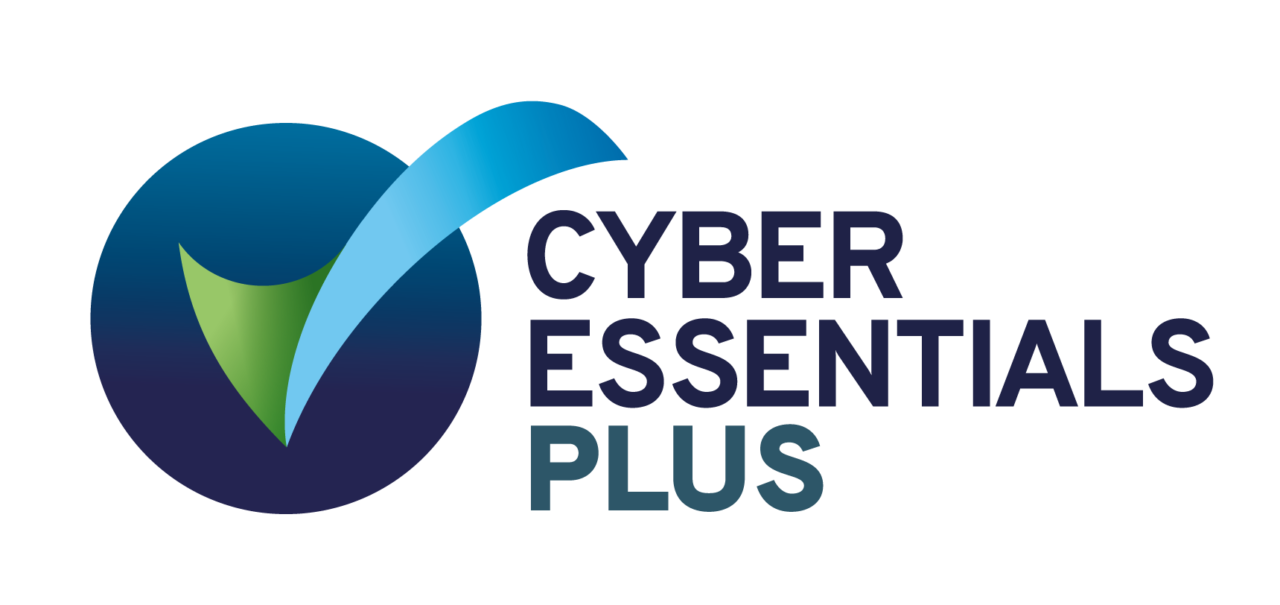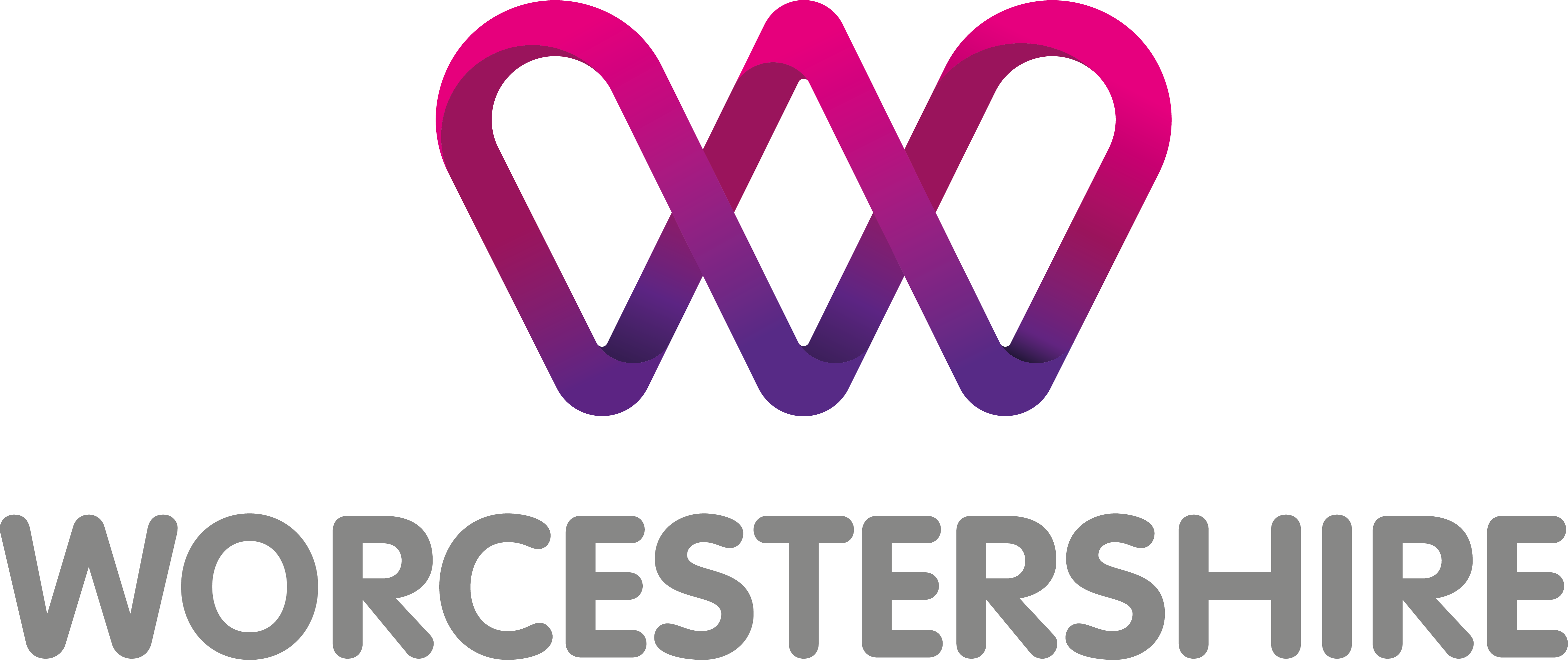CAT Tools – what are they and how do they benefit me?
In the world of translation, there are a range of specialist tools at our disposal. From terminology checkers, termbases and translation memory tools, to machine translation and even crowd-assisted translation. Some people think that all our translations are produced by software programs, that the text can be reproduced in a different language at the touch of a button. Indeed, systems are available which can do this, but as we know, the quality of the output is debatable and certainly not suitable for most professional purposes.
Machine translation systems, such as Google Translate or DeepL, are continuing to develop and are consistently improving their output. They are unquestionably becoming smarter, yet for the kinds of projects we handle at MTT, they are still not good enough.
Machine translation uses an algorithm which tells it what each individual word means with little awareness of the sentence as a whole. For example in German, a machine translation tool would find it difficult to tell the difference between Lager (a store for housing drums, for example) and the same word Lager (an automotive bearing). A professional translator can be used to edit the output of machine translation programs, however this can produce unsatisfactory results and is best limited to texts where there is no marketing message or critical content.
CAT (computer assisted translation) tools on the other hand now play a key part in many a translator’s armoury. These tools, such as MemoQ or SDL Trados, essentially create a database of sentences which can be drawn upon if text is repeated. Combined with terminology databases which specify a client’s preferred terminology in their particular context, these are the main tools that help keep client’s costs down and maintain consistency. Not every document will be suitable for CAT tool translation, for example handwritten or scanned documents cannot be processed easily by the system, and not all file formats are suitable.
Technology is certainly one of the main drivers for improving the speed and consistency of translation services, although we still need to remember that the best translation remains an art, performed by highly skilled humans with years of experience. It is still essentially a manual task which is difficult to speed up, requiring time for research, careful thought and review.
At MTT we make the best use possible of technology where appropriate and trust our team of professional human linguists to provide the translations you need within a reasonable timeframe. If you are interested in the technology we use and want to know more, please get in touch or call us on 0844 856 1086.

















